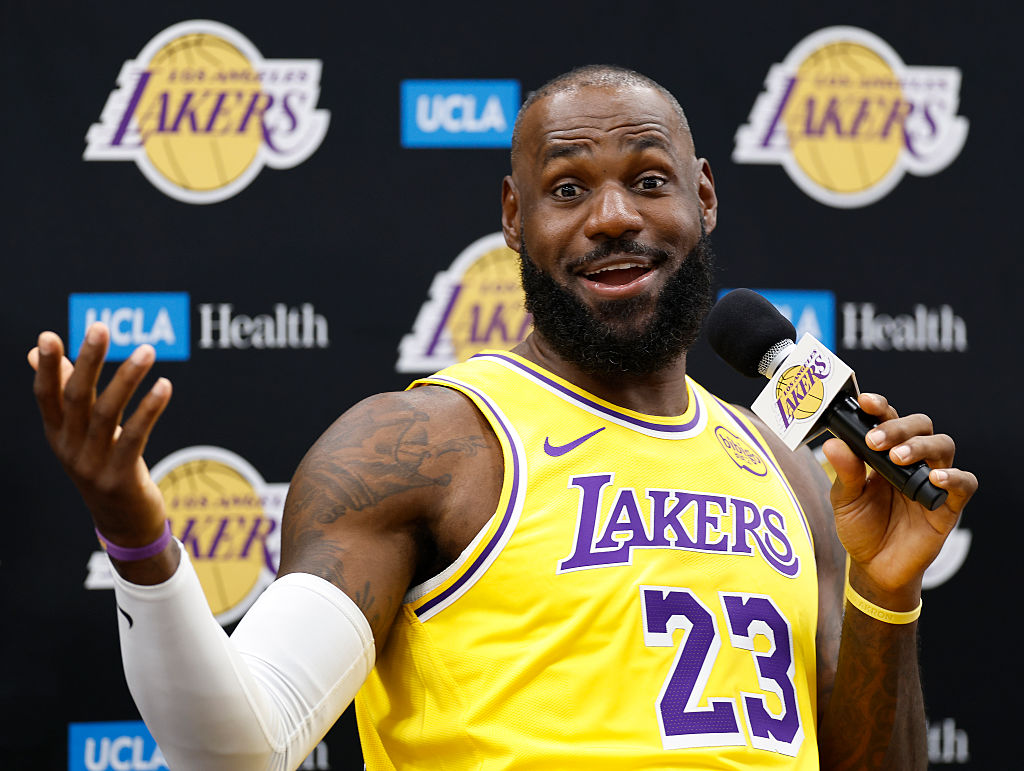D’Angelo’s Passing & Pancreatic Cancer's Effect On Black Men
D’Angelo’s Passing Draws Attention To The Dangers Of Pancreatic Cancer For Black Men

The news of D’Angelo’s untimely passing from pancreatic cancer at just 51 years old strikes both as a tragic loss to the music world and a sobering reminder of the hidden danger the disease poses, especially in Black communities. According to messages from his family, the legendary neo-soul artist had been hospitalized for months and spent his final two weeks in hospice before quietly departing yesterday. D’Angelo’s death not only silences an iconic musical voice but also raises urgent questions about health, awareness, and equity in care. This is particularly the case for Black men, who face disproportionate risks when it comes to pancreatic cancer.
Pancreatic cancer is notoriously difficult to detect early, and its prognosis is often bleak. It accounts for tens of thousands of new cases and deaths each year in the U.S. What makes the disease all the more alarming is the racial disparity. Black Americans have higher incidence and mortality rates than other groups, and their cancers are more often identified at an advanced, less treatable stage. Studies suggest that Blacks are diagnosed more often with distant disease and are less likely to undergo potentially curative surgeries, even when the cancer is detected early. Known risk factors (like smoking, diabetes, obesity, and chronic pancreatitis) are more prevalent in some Black communities, contributing to this disparity.
Now, more than ever, D’Angelo’s passing can serve as a catalyst for awareness and action. His fame, influence, and legacy give a larger platform to conversations about Black men’s health, specifically how silent and lethal ailments like pancreatic cancer can remain under the radar. If his death inspires even a fraction of his fans or peers to get screenings, advocate for research, or push for more equitable access to diagnostic tools and care, then it can serve as a turning point. Advocacy organizations like the Pancreatic Cancer Action Network may be able to leverage this moment to secure more awareness funding, especially in Black communities that historically receive less attention and resources.
How Can Black Men Protect Themselves?
For Black men seeking to reduce their risk and maintain their health, several strategies can be beneficial (though none can guarantee immunity). First, and critically: quit smoking. Tobacco exposure is among the most firmly established preventable risk factors for disease. Managing and preventing type 2 diabetes and obesity also matters, as both are associated with elevated pancreatic cancer risk. Regular physical activity, a healthy diet (rich in vegetables and whole grains, low in processed meat), maintaining a healthy weight, and limiting excessive alcohol consumption (which contributes to pancreatitis) are lifestyle approaches that support overall wellness and may lower the risk.
Beyond individual action, community-level emphasis on earlier screening and better access to care is vital. While routine screening for pancreatic cancer in the general population is not yet standard (because early detection is challenging), men with strong family histories or genetic risk factors may qualify for surveillance in specialized centers. Engaging with primary care providers about digestive symptoms (persistent abdominal pain, unexplained weight loss, changes in digestion) and advocating for better diagnostic follow-up can help. Ultimately, addressing structural barriers must be an integral part of the effort. This includes ensuring equitable access to diagnostic imaging, specialized care, and clinical trials.
In remembering D’Angelo, we mourn an irreplaceable artist. We can also channel our sorrow into vigilance and advocacy, thereby honoring his legacy by shedding light on one of medicine’s more insidious threats. If his story prompts even one Black man to snuff out cigarettes, manage his blood sugar, demand better care, or speak about symptoms that might otherwise be ignored, then perhaps his voice continues to save lives, even after he’s gone.
RELATED: R&B Icon D’Angelo Reportedly Dead At 51 After Private Cancer Battle












